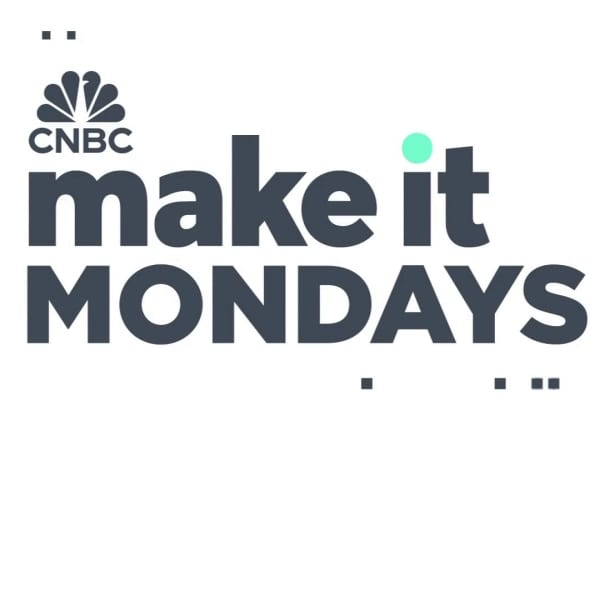When Rick Nucci was five years into his CEO job, he realized something important: The way he spoke to employees was hurting his company more than helping it.
Nucci co-founded Guru, a 150-employee Philadelphia-based enterprise software startup, in 2013. He'd launched a startup before — a cloud software startup called Boomi, which was acquired by Dell in 2010 and then sold for $4 billion in 2021 — but he'd never been a CEO.
He quickly realized that his words "carried a certain weight" as everyone's boss, he says. Wanting to keep morale high, he constantly praised employees' successes and avoided commenting on failures.
In a sense, Nucci discouraged a specific kind of toxic atmosphere, where rampant aggressive criticism results in downtrodden employees. By doing so, he put Guru on a path to a different type of toxic workplace, he says — where a lack of honest and clear communication could lead to languishing projects and frustrations boiling over.
"I trained myself to be extra careful with my words," Nucci tells CNBC Make It, adding: "What I thought I was doing was helping them by not hammering them — by being like, 'Here's the great thing about what you did.'"
His reluctance to offer honest feedback trickled down to his employees: Workers began using the phrase "cheer pressure" to describe the compulsion they felt to avoid critiques in the name of relentless positivity, Nucci says.
It often took multiple rounds of meetings for Nucci and his team to get on the same page. Guru moved too slowly for its clients, leaving Nucci "squirming" in his seat, he says. He'd then direct his frustration toward his employees, he adds.
Here's how he learned that he was part of the problem, and the two skills he says he adopted to help prevent toxicity from taking root in his workplace.
Avoiding 'ruinous empathy'
Nucci changed his approach to doling out feedback in 2018, after he witnessed a presentation on "radical candor" at a meeting of CEOs hosted by one of Guru's investors.
The presentation included a phrase that resonated with him: "ruinous empathy," or the act of praising someone just to be nice or spare their feelings. Unless you combine that with honest feedback, even if it stings, you deny them the opportunity to improve, Nucci says.
"You care about the person, but you're actually not challenging them directly, right? You're almost coddling them ... [It's] death by 1,000 smiles," he explains.
When Nucci returned to his desk, he started trying to choose his words more carefully, he says. His goal: Make sure his comments were always thoughtful enough for employees to appreciate the feedback, even if they disagreed with it.
Guru also now holds two annual training sessions on honest and open communication, Nucci says. Employees then pair up — often, across levels of hierarchy — to practice sharing feedback with one another, he adds.
"It's really the idea that I am doing this to help the person," Nucci says. "And I have the confidence and the conviction that even in the moment, if it stings, they're going to look back and they're going to reflect positively."
'Celebrating failures'
Another critical piece of creating a culture of honest feedback, says Nucci: "celebrating failures."
When a project produces subpar results, honest debriefs can help co-workers focus on how to improve next time. It's better than walking on eggshells to avoid hurting colleagues' feelings, Nucci says: "Failures happen. Now, what did we learn?"
That's a popular approach among plenty of successful entrepreneurs. When Jeff Bezos ran Amazon, for example, he often encouraged employees to take big risks and embrace failure.
People who reframe failures as learning opportunities can better develop resilience to keep working toward their goals, research shows.
Recently, during a company meeting, Nucci started monopolizing the meeting with his own ideas — "coming in hot, because I was excited," he says. "A member of the team politely pulled me aside and was like, 'Hey, I think you probably could have been a bit more open-minded on some of the other ideas that the team had on this.' And I was like, 'Whoa... Thank you!'"
"I'm trying to get better," Nucci adds. "But to see the team also feeling comfortable doing it is just a beautiful thing."
DON'T MISS: Want to be smarter and more successful with your money, work & life? Sign up for our new newsletter!
Take your business to the next level: Register for CNBC's free Small Business Playbook virtual event on August 2 at 1 p.m. ET to learn from premier experts and entrepreneurs how you can beat inflation, hire top talent and get access to capital.





